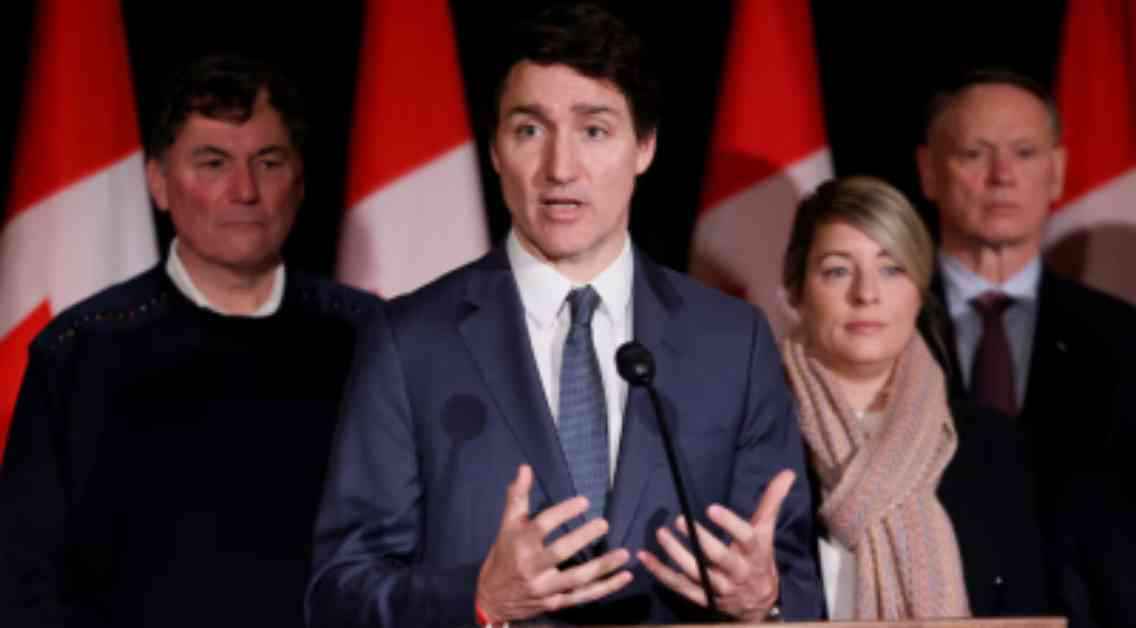Canada Braces for Trump’s Tariff Threats
In a bold move to protect its interests, Canadian Prime Minister Justin Trudeau has declared that his government is ready to respond to any tariffs imposed by U.S. President Donald Trump. Trudeau’s statement comes in the wake of Trump’s recent threat to levy additional tariffs on Canada, raising concerns about potential economic repercussions.
Trump’s Tariff Warning
Last Monday, at 11 PM local time in Washington D.C., inside the hallowed halls of the Capitol Rotunda, Donald Trump took the oath of office. Even before assuming office, he issued a warning of additional tariffs on Canada. The uncertainty surrounding the timeline for these potential tariffs prompted questions, to which Trudeau responded by highlighting Trump’s negotiation skills. Trudeau expressed a preference for keeping his bargaining partners on their toes.
Trade Disputes and Economic Impact
Trump wasted no time in issuing multiple executive orders on his first day in office. Speculations are rife that he may sign more orders on the following day. During his inauguration on Monday, he proposed that universal tariffs on Mexican and Canadian exports could come into effect as early as February. Trudeau’s regular communication with Trump underscores the uncertainty looming over future trade discussions.
Canada’s Economic Dependency
Trudeau emphasized that for the promises made by Trump to the prosperous America to materialize, Canada’s resources will be essential. Canada supplies numerous critical components necessary for America’s economic prosperity and development. The delicate balance of trade relations between the two countries could face upheaval if Trump follows through with his tariff threats.
As the world watches the unfolding drama between Trump and Trudeau, the implications for global trade and economic stability remain uncertain. Stay tuned for further updates on the evolving discussions between these two influential leaders.
Random humanizing touch: While the specter of trade disputes and tariffs looms large on the global stage, it’s essential to remember the real impact these decisions have on everyday people. Imagine the Canadian farmer whose livelihood depends on exporting goods to the U.S., or the American factory worker whose job security hangs in the balance. Behind the headlines and political posturing are real individuals whose lives are directly affected by these high-stakes negotiations. Let’s keep them in mind as we navigate the complexities of international trade relations.



























